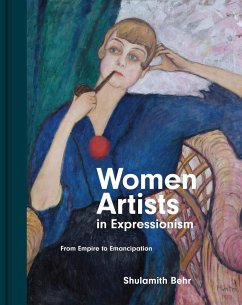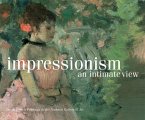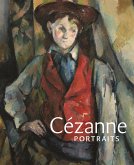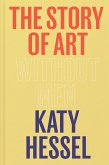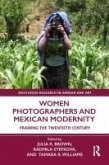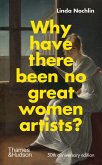"Featuring a selection of women artists active between 1890 to 1924, this book investigates divergent responses to the dramatic historical events and structural transformations during the early twentieth century. It reveals their efforts, with greater or relative success, to negotiate the competitive market economy of the late Wilhelmine empire and the uncertainties of the early Weimar Republic. In examining these artists, Shulamith Behr uncovers the overlooked importance of women's emancipative ideals to the development of avant-garde culture. Behr explores the richness of the women's engagement with and shaping of Expressionism, the modern art movement noted for its intention to express the emotional-rather than physical-reality of the artist. Behr examines the posthumous critical reception of Paula Modersohn-Becker as a prime agent of the feminization of the movement; Kèathe Kollwitz's use of printmaking as a vehicle for technical innovation and socio-political commentary; and the dynamic relationship between Marianne Werefkin and Gabriele Mèunter, including their different national and cultural origins and paths towards Expressionism in the Blaue Reiter, a group of artists that included Wassily Kandinsky and Paul Klee. Additional chapters examine the role of Herwarth Walden's and Nell Walden's role as art dealers who promoted women Expressionists during the First World War, Mèunter's encounter with Swedish Expressionism in Scandinavia, and the recognition of Dutch-born abstractionist Jacoba van Heemskerck as an honorary German Expressionist"--
Bitte wählen Sie Ihr Anliegen aus.
Rechnungen
Retourenschein anfordern
Bestellstatus
Storno

